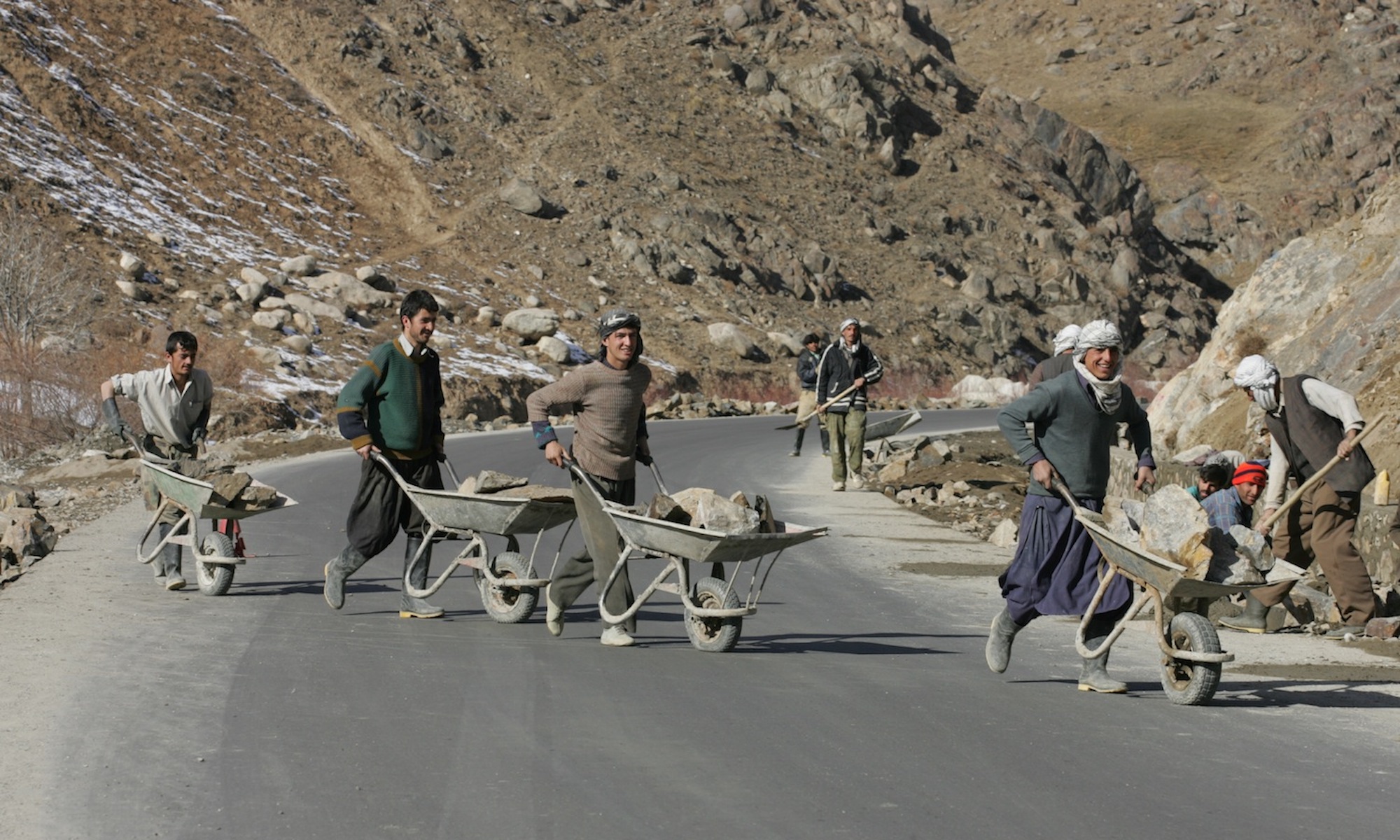At the outset of the twenty-first century, the rule of law is no longer a concept exclusively, or even primarily, defined and debated by political philosophers and constitutional lawyers, as had been the case in centuries past. Over the last decade in particular, the rule of law has become “the motherhood and apple pie of development economics.” Western democracies, their regional organizations, NGOs, and the multilateral development agencies they control, now pour billions of dollars and euros into projects designed to measure the rule of law, create it where it does not exist – in closed dictatorships, failed states, and post-conflict zones – and to strengthen it in transitional and struggling democracies around the globe. Institutionalists of different hews have come to see it as central to modern statehood, impartial economic exchange, and objective justice. Democracy scholars are pointing to it as the essential, non-electoral dimension of democratic substance. Together with human rights and democracy, the rule of law is now upheld by liberal internationalists as a central pillar in the “virtuous trilogy” upon which a legitimate international order rests, while international security experts have come to see it as indispensable to ending civil wars, building durable peace, and fighting insurgencies, transnational crime, and terrorism. Against this background – of “a venerable part of Western political philosophy” having turned into “a rising imperative of the era of globalization,” as Carothers put it – existing mainstream legal discourses about the rule of law and its promotion abroad run the risk of being outpaced, even sidelined into relative obsolescence. The fact that intellectual and policy involvement with the notion of the rule of law are no longer the exclusive purview of lawyers need not be lamented; indeed, it is to be generally welcomed. Rather, this article argues, to be of genuine relevance to one of the foremost challenges the free world is facing and is likely to face for many decades to come – the challenge of fostering self-sustaining, well-governed free societies in parts of the world where these are absent or weak – lawyers must overcome three main “problems of scope” that presently afflict the rule of law literature and policy enterprise.

INSCT Postconflict Research Database
The Institute for National Security and Counterterrorism's Postconflict Research Database & Analysis Project stores cross-indexed bibliographic information on hundreds of journal articles, books, book chapters, and case reports that address the broad, interdisciplinary fields of postconflict reconstruction, stabilization, and peacebuilding.
36 Replies to “The Rule of Law and Its Promotion Abroad: Three Problems of Scope”
Comments are closed.